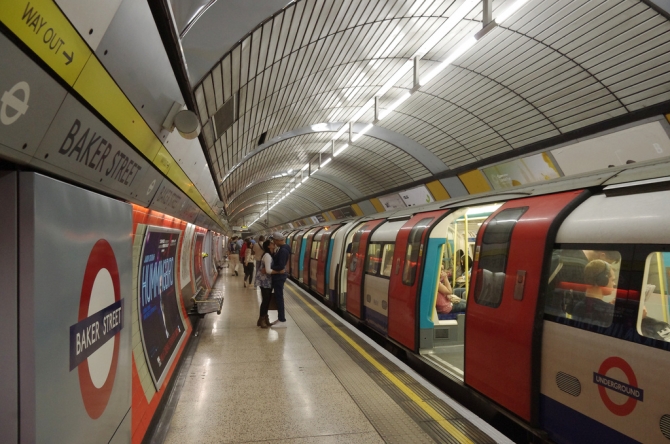In the ever changing and fast paced retail industry of the 21st century, remaining ahead of the game and keeping consumers interested can make the difference between a business venture succeeding and failing. While the internet plays a huge role in this modern retail industry, retailers are aware that location is a crucial factor in attracting new customers – and, surprisingly, this isn’t simply limited to opening a store on the high street or in a shopping centre.

In the past six months or so, train stations across the country have reported a rise in retail spending on their premises as consumers begin to treat themselves on the daily commute or pick up gifts on their way home. This has led to various supermarket chains catching on to the idea of treating transport hubs as key retailing locations and installing “click and collect” points in car parks across London.
However, Transport for London (TfL) has taken the decision to take this trend one step further by installing a series of pop up shops in London tube stations in order to effectively use vacant space.
Stations such as Piccadilly Circus, St James’ Park, Old Street and Baker Street will all play host to a series of emerging retail businesses, with the scheme launching at the end of April to take advantage of the upcoming summer tourism season.
The scheme will be run in partnership with online company Appear Here, which specialises in pop-up space.
Director of Commercial Development for TfL, Graeme Craig, believes the innovative initiative will prove to be mutually beneficial for both retailers looking to showcase their business and for TfL itself.
He says; “Pop up shops have proved extremely popular for us.
“The partnership will enable us to make the most of our retail assets whilst generating revenue we can reinvest into improving the transport network.”
Old Street will be the first tube station to unveil its 15 spaces, and the retailers taking the short-term units will benefit from a footfall rate of 23 million people per annum. Piccadilly Circus pop up shop tenants, meanwhile, will see an even greater number of potential customers, as Appear Here estimates that the station’s annual footfall amounts to around 43 million people.
Tube stations may not seem like the most obvious place to base a shop but in fact it makes sense. With a transport hub comes a guaranteed transitional consumer base, members of which are often a “captive audience” as they wait for the next stage of their journey to commence – something which neither the high street or a local shopping centre can guarantee to provide.
The retail industry is in a transitional stage at present which, naturally, has an impact on the retail property market. Against this backdrop, innovative ideas that help to fill vacant properties, even temporarily, will benefit both landlords and tenants.
Previous Post
Sainsbury’s reports First Fall in Sales in Nine Years